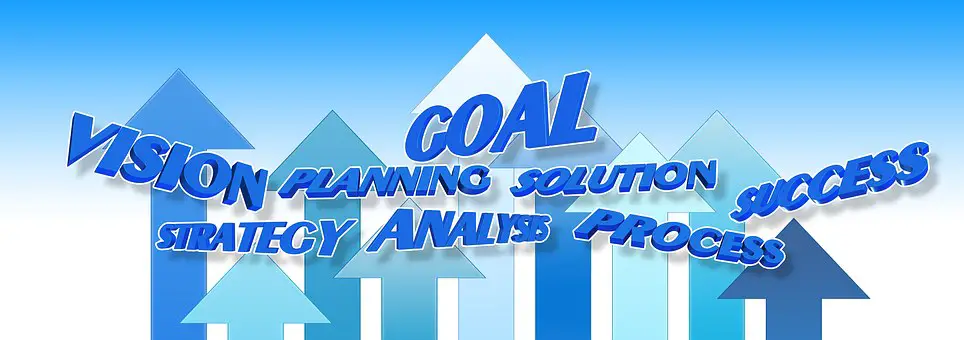Human Resource Management (HRM) is a vital function within organizations, responsible for the recruitment, development, compen, and retention of the most valuable asset its people.
Effective HR management goes beyond paperwork and compliance; it involves creating a workplace culture that empowers employees, fosters growth, and aligns both the individual and organizational goals. In this article, we will explore the key aspects of Human Resource management, its evolving role in modern organizations, and the impact it has on the success of businesses.
Table of Contents

10 Key Aspects of Human Resource Management
1. The Evolution of HR Management
The role of Human Resource management has evolved significantly over the years. In the early 20th century, it primarily focused on administrative tasks, payroll, and ensuring legal compliance. Today, HR management encompasses a broader spectrum of responsibilities, including talent acquisition, training and development, performance management, and employee engagement. It has transformed from a supportive function to a strategic partner in driving organizational success.
2. Talent Acquisition and Recruitment
A critical function of the Human Resource management is talent acquisition. It involves identifying and hiring individuals with the skills, qualifications, and values that align with the organization’s needs and culture. In this competitive job market, HR professionals use a variety of tools and strategies, including online job boards, social media, and recruitment agencies, to attract top talent. The recruitment process includes candidate sourcing, screening, interviewing, and onboarding.
3. Employee Development and Training
Human Resource management plays a pivotal role in employee development and training. Ongoing learning and skill development are essential for both the growth of an employee and the organization’s competitiveness. HR professionals coordinate training programs, workshops, and e-learning initiatives to equip employees with the knowledge and skills required for their roles. Employee development fosters engagement and job satisfaction, while also ensuring the organization’s workforce remains adaptable and competitive.
4. Performance Management
Performance management is the process of setting expectations, providing feedback, and evaluating employee performance. HR managers collaborate with department heads and team leaders to set clear objectives, establish key performance indicators (KPIs), and provide regular feedback. This process helps employees understand their roles, receive recognition for their accomplishments, and identify areas for improvement. Effective performance management contributes to increased productivity and employee satisfaction.
5. Employee Engagement and Retention
One of the most significant challenges in Human Resource management is ensuring employee engagement and retention. Engaged employees are more likely to stay with the organization, contribute their best work, and advocate for the company. HR professionals implement strategies to improve workplace culture, create opportunities for open communication, and recognize employee achievements. These efforts result in increased job satisfaction and reduced turnover, which is cost-effective for organizations.
6. Compensation and Benefits
Compensation and benefits management involve setting competitive salaries and offering attractive benefits packages to attract and retain talent. HR professionals conduct salary surveys to ensure that the organization’s compensation packages are in line with industry standards. They also manage employee benefits such as healthcare, retirement plans, and vacation time, ensuring that employees receive fair and valuable compensation for their work.
7. Workplace Diversity and Inclusion
Modern Human Resource management places significant emphasis on promoting diversity and inclusion in the workplace. A diverse workforce not only reflects a variety of perspectives but also enhances creativity and innovation. HR professionals work to create inclusive policies, foster a sense of belonging, and eliminate discrimination and bias within the organization. A diverse and inclusive workplace is more welcoming and equitable, attracting a wider range of talent.

8. Legal Compliance and Risk Management
Human Resource management is responsible for ensuring legal compliance in various areas, including labor laws, anti-discrimination regulations, workplace safety, and data privacy. Failure to adhere to legal requirements can lead to costly lawsuits and damage an organization’s reputation. HR professionals are vigilant in keeping up with changing regulations and developing policies and procedures to minimize legal risks.
9. HR Technology and Data Analytics
The adoption of HR technology and data analytics has revolutionized the field. HR professionals now use human resource information systems (HRIS) and data analytics to streamline processes, analyze employee data, and make data-driven decisions. These technologies improve efficiency in HR management, helping organizations make informed choices about staffing, training, and performance management.
10. The Impact of HR Management on Organizational Success
An effective Human Resource management has a profound impact on organizational success. A well-managed HR department contributes to improved employee morale, higher job satisfaction, and lower turnover rates. Engaged and motivated employees are more productive and more likely to align with the organization’s objectives. HR management also enhances organizational flexibility, helping adapt to changes and capitalize on opportunities.
Human Resource Management is not merely about managing people; it’s about nurturing talent, fostering growth, and creating a thriving organizational culture. In today’s dynamic business environment, HR management plays a critical role in driving success. By attracting the right talent, developing employees, promoting engagement, and ensuring legal compliance, HR professionals serve as strategic partners in achieving organizational goals.
In essence, HR management is the backbone of an organization’s ability to harness the potential of its most valuable resource: its people.


